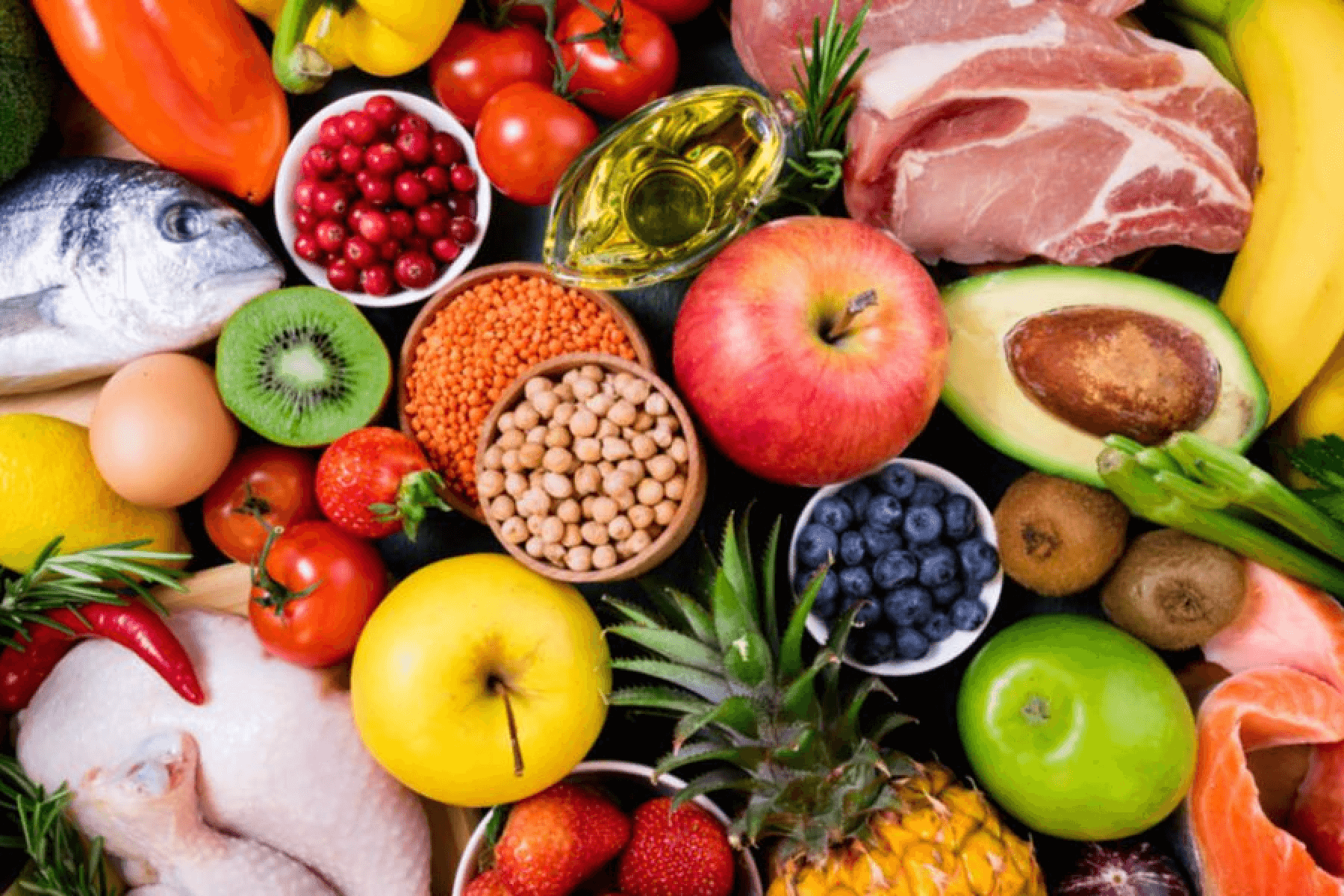Start your search here

Transform our food systems
As the world continues to grapple with the food crisis, we must remember that this problem did not emerge overnight. The war in Ukraine accelerated the crisis and generated more attention, but food prices and world hunger were on the rise even before the conflict.
Climate change, among others, has been one of the main factors worsening these trends. Ironically, even though world food production nearly quadrupled between 1961 and 2020 and increased by 50% between 2000 and 2020, more people than ever are going hungry.
To resolve the situation we face today requires a focus like never before on transforming our food systems to make them more sustainable while feeding a growing world population. A well-functioning food system will help build human capital, lift communities out of poverty and improve climate resilience.
Instead, our global food system generates an estimated US$12 trillion in hidden social, economic and environmental costs annually, including the generation of nearly a third of global greenhouse gas emissions. It also encourages consumers to make unhealthy food choices by keeping the prices of healthy foods too high.
Continuing business as usual is unacceptable. We need a systemic change in our approach to agriculture and food systems to transform the way we produce, transport and consume food.
The World Forum on Food and Agriculture 2023 in Berlin – one of the most important meetings of ministers and experts from the agricultural sector from around the world – provides an excellent opportunity to discuss options, share experiences and agree on measures to transform the food system.
A key change we need to make relates to how support to agriculture is used. Globally, assistance for food and agriculture exceeds US$700 billion a year. While this support is necessary, much of it is not targeted in the right way: farmers receive only 35 cents on the dollar, and the assistance often encourages unsustainable production practices.
There are options for governments to redirect current agricultural support—which is mainly used for price support, input subsidies, and direct payments to producers—and use it to implement environmentally friendly policies and incentivize farmers to adopt climate-smart agricultural practices.
Public financing can also be used to help reduce the risks of private sector investments that meet higher social and environmental standards. It can also be used to incentivize new technologies that have already shown promise, such as feed additives that reduce greenhouse gases, or for rice production techniques that reduce methane emissions.
Adopting appropriate policies would reduce price distortions, promote resilient and sustainable productivity growth, and strengthen value chains. This, in turn, will improve food security and nutrition, strengthen farmers’ incomes and allow for better value for money in public programmes.
Another challenge is that the global food system is highly complex and highly fragmented. Despite considerable increases in production, the system is inefficient and wasteful, and plenty and famine continue to coexist. At the heart of these failures is the lack of access to information among farmers and within markets, where inflexible systems encourage high transaction costs.
Better use of data and digital technology can help connect the world’s 570 million farms with 8 billion consumers. Data-driven digital agriculture can help improve crop yields, reduce waste, lower costs and reduce pollution, all of which go a long way to reducing inequality and hunger in the world.
But there is no single solution. All countries have their own set of challenges and need to identify options and strategies to achieve the desired results. Ultimately, transforming food systems for better development results requires country-specific and local analysis, supported by multi-stakeholder dialogues to include everyone in the policy-making process.
Under the Food Systems 2030 programme, the World Bank helps countries transform their food systems to achieve zero hunger by 2030. The program receives funding from Germany, the United Kingdom, the European Commission and the Bill and Melinda Gates Foundation.
We collaborate with 25 countries to find country-specific entry points to refocus agricultural policies and assistance, create business models that stimulate private sector financing, promote climate-smart agriculture, and implement digital innovations and strategies to make healthy and nutritious diets more affordable.
The World Bank Group and its many partners stand ready to work with governments and partners, sharing policy knowledge and making investments that help transform the global food system. And the Global Forum can serve as a way for those working in the fields of food and agriculture to share interesting experiences that support our efforts to achieve the three benefits of transforming food systems: healthy people, a healthy environment and healthy economies.

Subscribe
Thanks for subscribing
Other articles
- Wholesale markets recorded the entry of more than 11,000 tons of food
- Ancashino district of Moro will lose up to 60% of its avocado and mango crops
- Increase in exports in Mango
- Peruvian Mango shipments to Chile reach 2,000 tons
- Qali Warma served 187,945 students from 3,749 educational institutions in the Junín region in 2022
